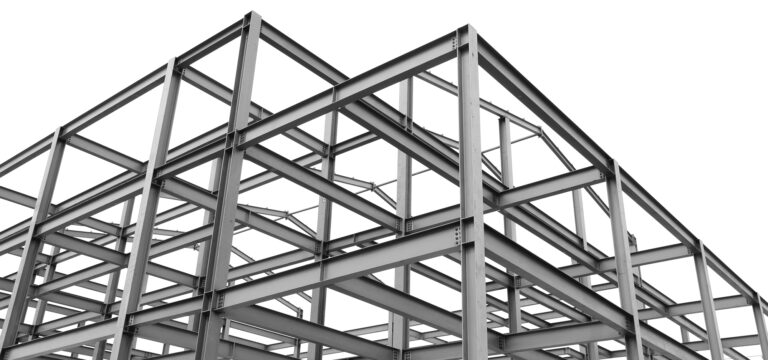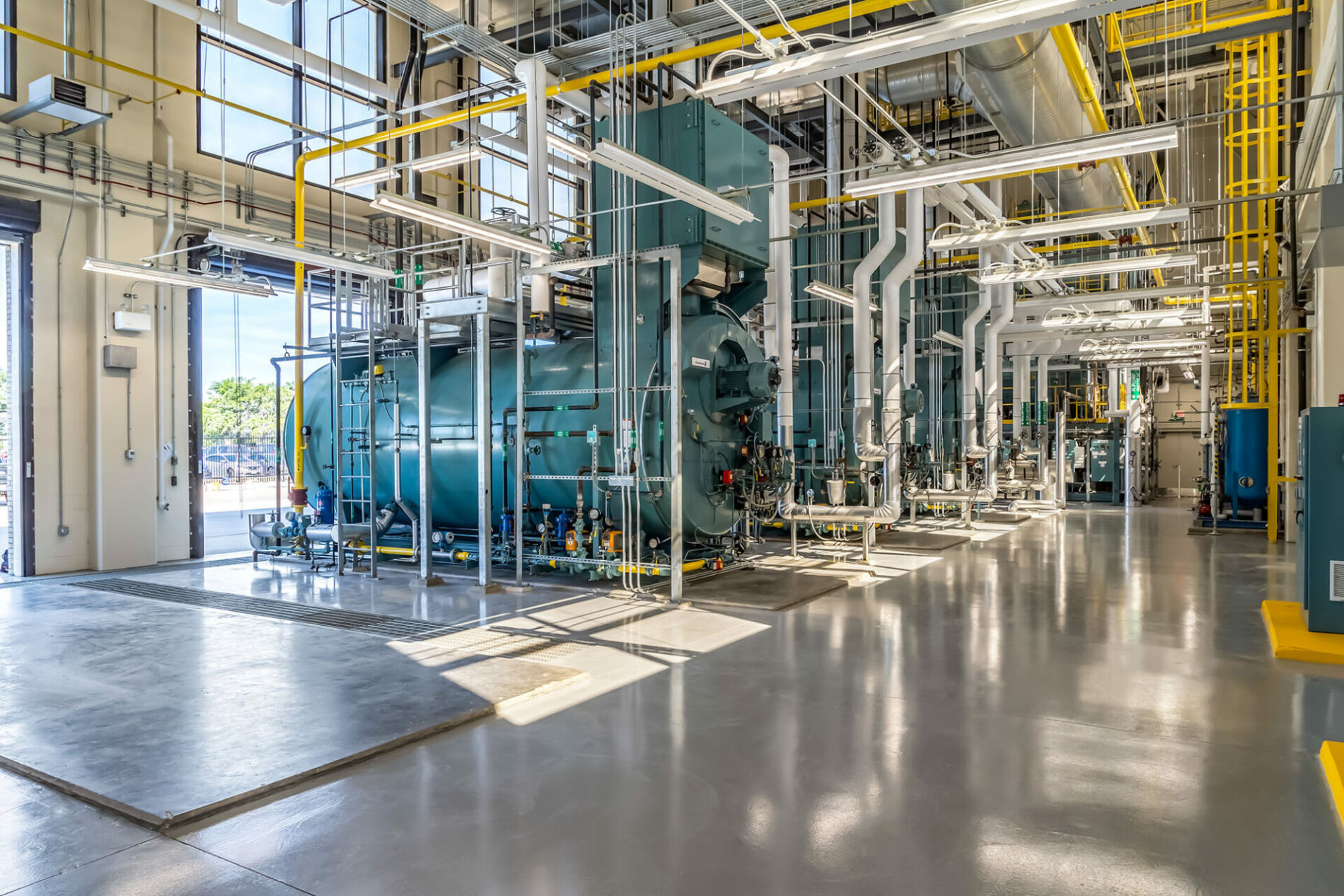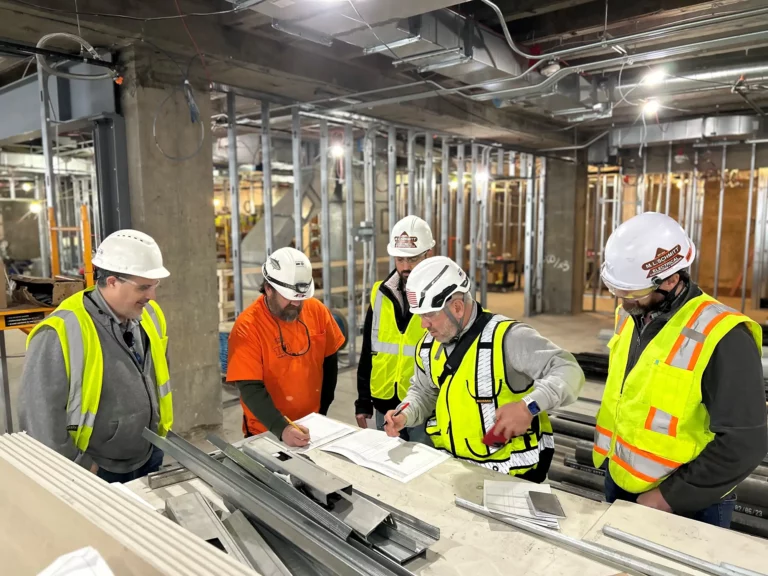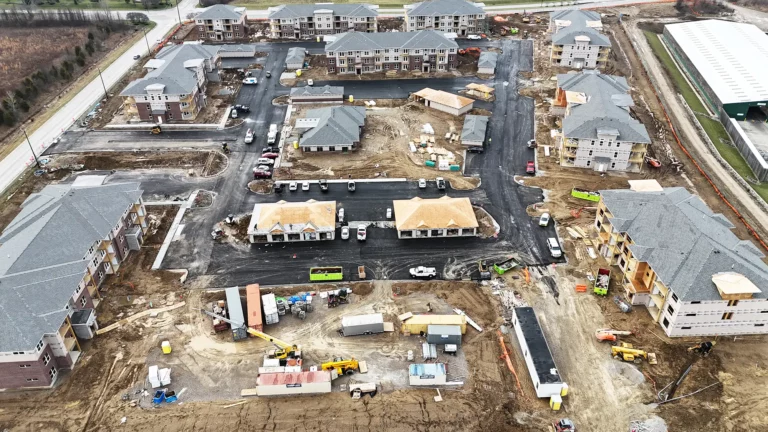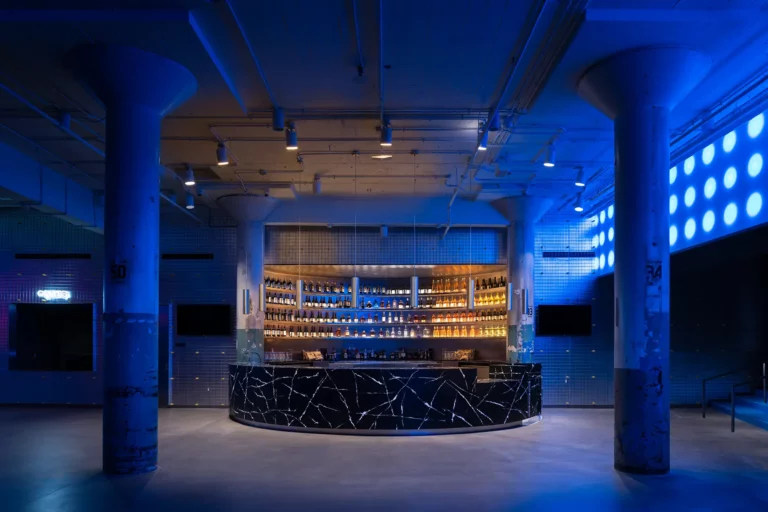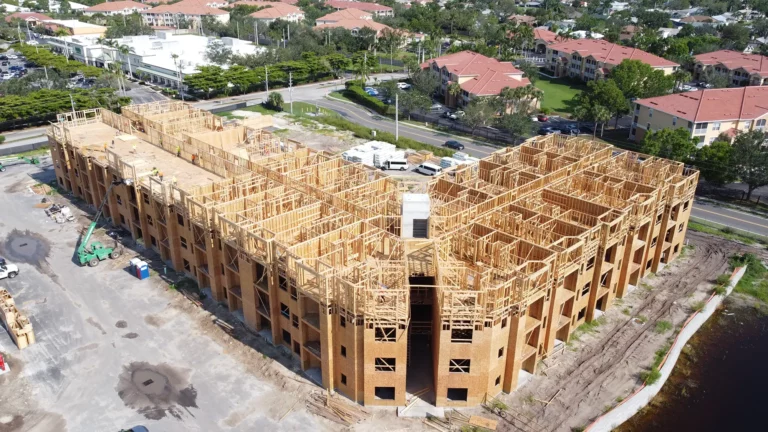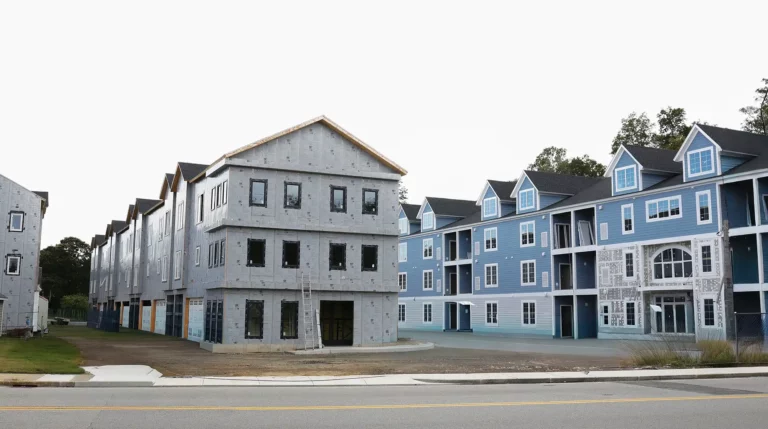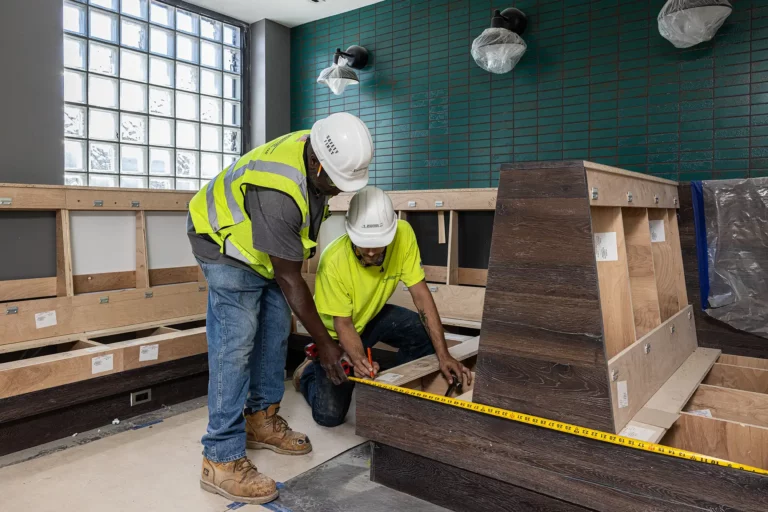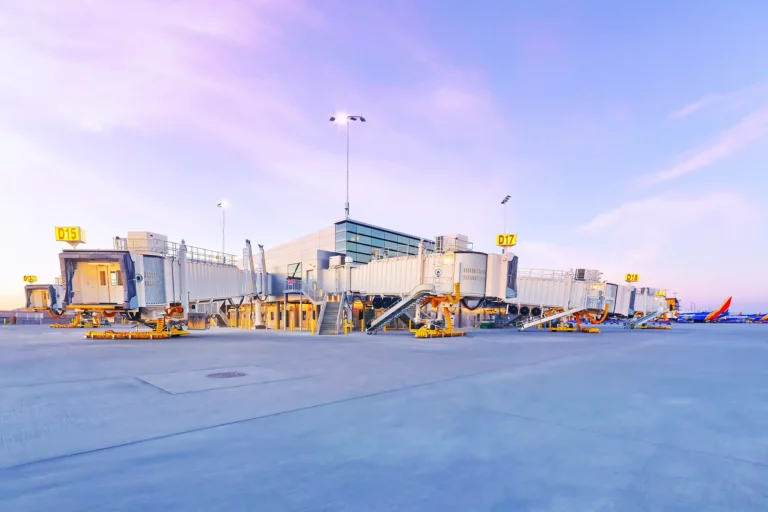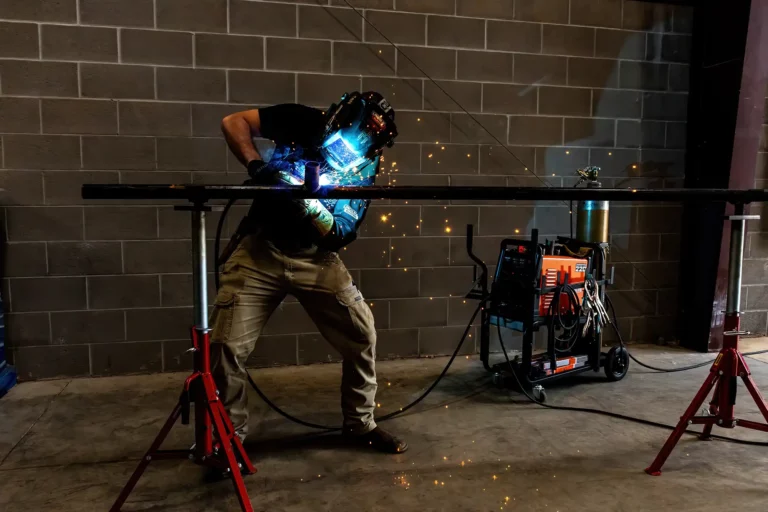Greenland Enterprises, Inc. has achieved significant growth while maintaining an ethos of “doing more with less,” reaching a series of impressive milestones through this approach. Specializing in engineering, procurement, and construction (EPC) for district energy projects and critical mission facilities, Greenland provides a range of professional services. These include designing and constructing central utility plants, combined heat and power (CHP) plants, and complex fueling installations for federal and educational sectors. In addition to its technical achievements, Greenland’s growth reflects a deliberate focus on employee empowerment and sustainability.
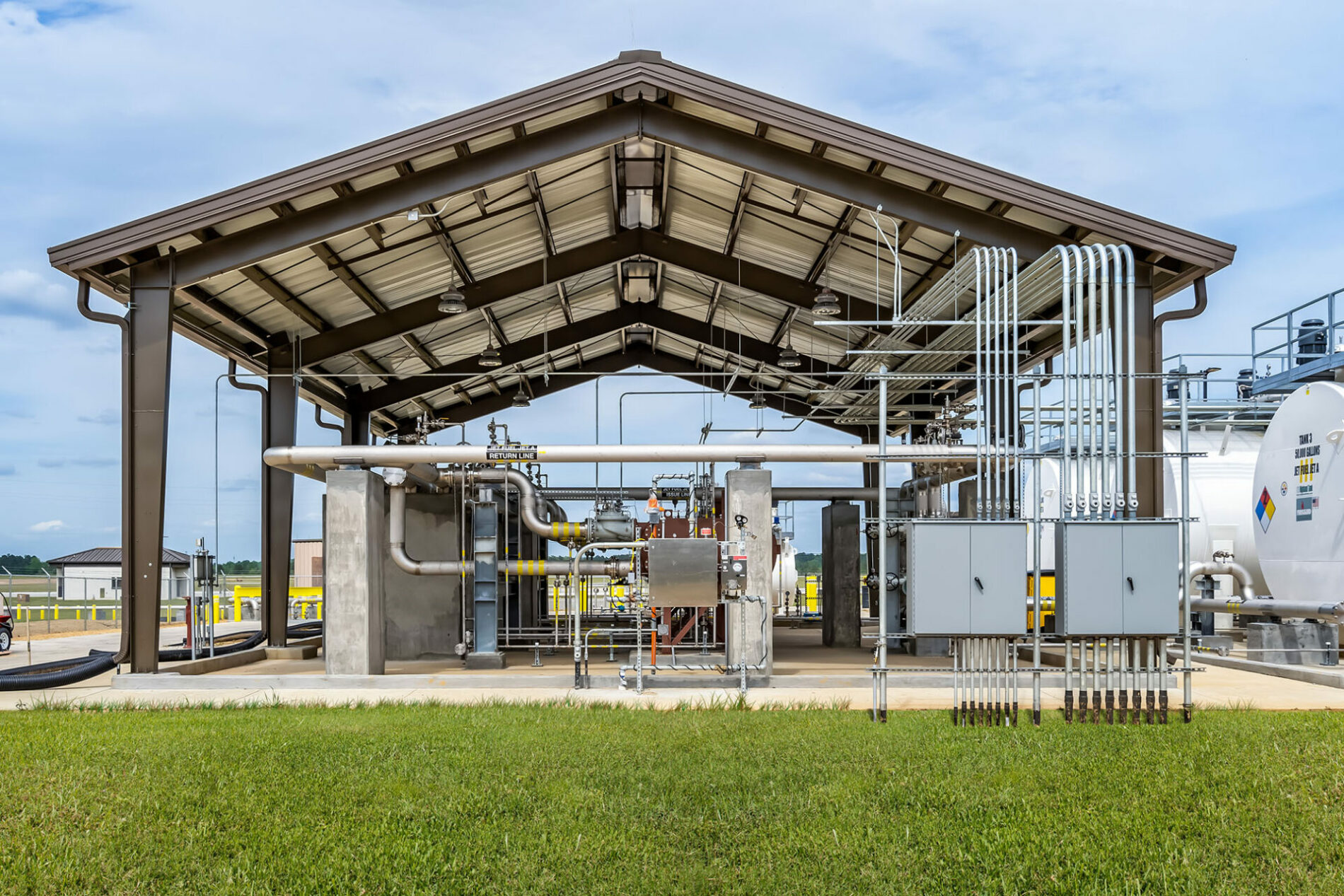
Founded in 2008 by former Trane employees Elton Roller Jr. and Scott Werszner, Greenland’s origin story highlights an opportunity in the federal construction space for enhanced delivery methods and higher standards on large-scale projects. Both founders brought expertise from performance contracts emphasizing efficiency and innovation. They recognized a niche for flexible services in critical infrastructure, especially within the federal government. “With small business flexibility and large business knowledge,” the team explains, “Greenland started delivering their first central utility plant upgrades in 2009,” initiating a journey that would lead to numerous successes.
Greenland’s evolution from a regional mechanical retrofit provider to a leader in large-scale infrastructure projects is marked by a legacy of collaboration and record-breaking achievements. Starting in the Mid-Atlantic, Greenland initially focused on retrofits, but their trajectory shifted in 2010 with the successful completion of a $5 million chiller plant upgrade at the VA Medical Center in Martinsburg, West Virginia. This pivotal project modernized the facility’s systems and set the foundation for Greenland’s expansion into national construction management and regional general contracting services.
For over a decade, Greenland specialized in delivering energy centers across the U.S., with projects typically ranging from $10 million to $25 million. One particular project during this period included the construction of a 17,000-square-foot facility at the VA Medical Center in Waco, Texas. This facility provides steam and chilled water to over one million square feet of campus buildings. Greenland later expanded the site with a 2 MW CHP plant addition, further demonstrating their expertise in district energy solutions.
In Pennsylvania, the company tackled complex plant upgrades at VA Medical Centers in Altoona, Wilkes-Barre, and Erie, with ongoing work in Lebanon.
In Boston, Massachusetts, they delivered a modular chiller plant for the Jamaica Plain VA Medical Center. The plant was manufactured in a controlled environment, shipped in modules, and assembled onsite, showcasing Greenland’s ability to adapt to project-specific challenges.
In the Southeast, Greenland achieved similar success with large-scale projects at VA Medical Centers in Columbia, South Carolina; Dublin, Georgia; and Gainesville, Florida. These multifaceted initiatives involved constructing advanced boiler systems, supporting equipment, and modern electrical infrastructure. A standout project in Gainesville replaced outdated systems with state-of-the-art boilers and built a new graphics control station, highlighting Greenland’s expertise in modernizing infrastructure while maintaining operational continuity.
Greenland’s ability to deliver exceptional results continued nationwide. They replaced the aging fuel facility at Columbus Air Force Base, in Mississippi, by installing three 50,000-gallon above-ground fuel tanks, filter separator shelters, and associated infrastructure. Similarly, their work at the VA Medical Center in Dallas, Texas involved installing one new 1,500-ton centrifugal chiller, six new 1,000-ton cooling towers, and creating a robust common basin system to maximize redundancy.
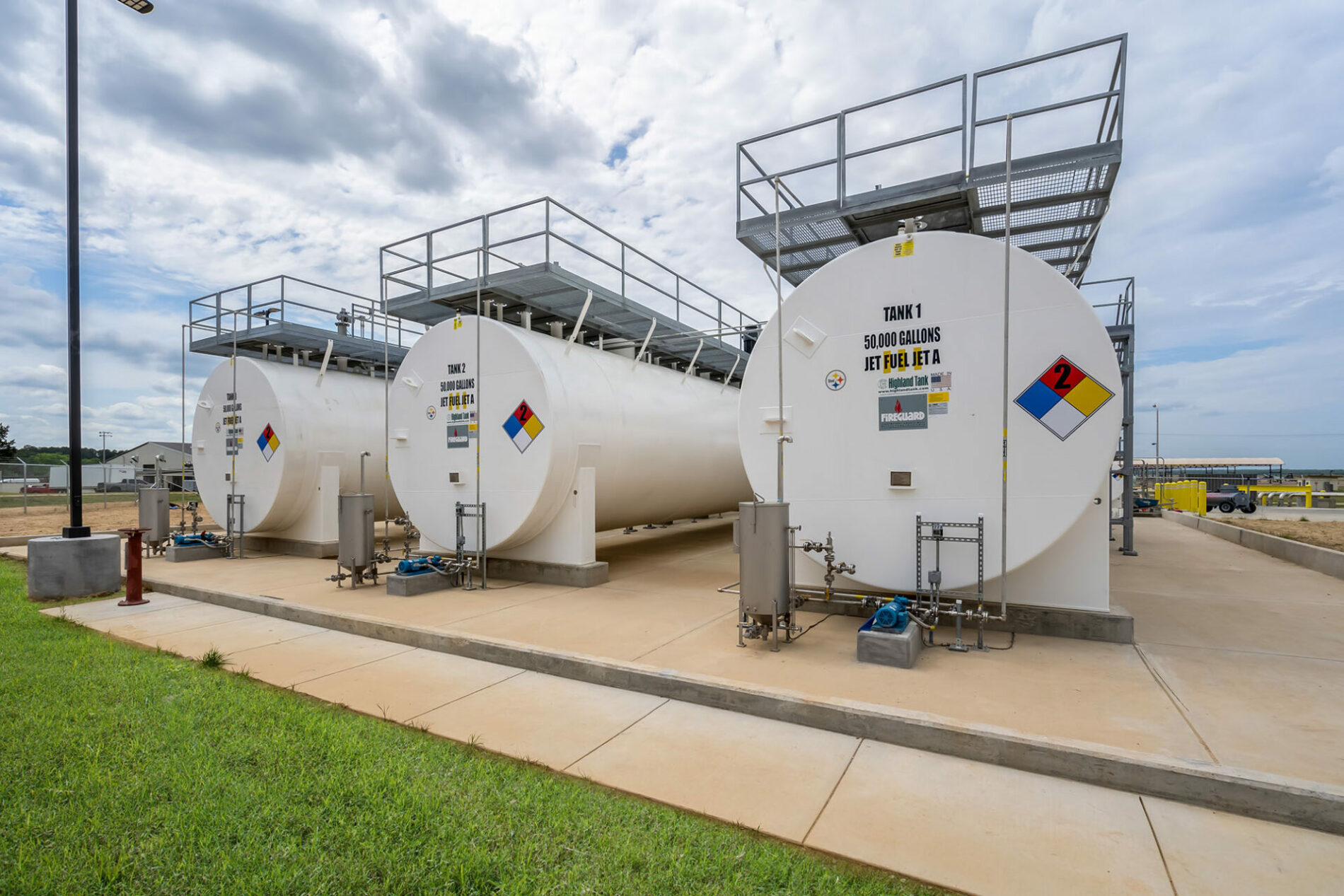
A defining achievement for Greenland came in 2023, when they secured their largest project to date: an $80.9 million design-build steam plant modernization at Hill Air Force Base in Utah. Delivered in partnership with SAW Contracting, Inc., through a joint venture, and with RMF Engineering, Inc., as the Designer of Record, this monumental project exemplifies Greenland’s capacity for collaboration and its ability to handle high-stakes federal contracts.
The project involves renovating the 12,000-square-foot boiler plant at Building 260 (originally constructed in 1941), including seismic upgrades. Once completed, the upgraded facility will house five ultra-low NOx 50 MMBH steam boilers, 1.5 MW of backup power, and a full suite of supporting equipment. To ensure uninterrupted service during construction, Greenland constructed an industrial-level temporary plant capable of producing 160,000 pounds per hour of steam. As Steve Seckler, Greenland’s President, explained, “This project showcases our ability to manage large-scale, complex renovations that integrate modern technology and meet rigorous operational standards.”
“This project showcases our ability to manage large-scale, complex renovations that integrate modern technology and meet rigorous operational standards.”
Prior to the Hill project, Greenland earned accolades for other groundbreaking achievements. At the University of Virginia, they constructed one of the largest industrial field-erected hot water generators in the United States. A case study on the project was later presented at the International District Energy Association’s CampusEnergy conference in 2020, cementing Greenland’s reputation as an industry leader. Another high-profile project involved constructing an 85-foot-tall, 3.5-million-gallon thermal energy storage tank at North Carolina State University’s Centennial Campus. The project won an Engineering News-Record “Regional Best Projects” award in 2021, reflecting Greenland’s ability to deliver innovative solutions for institutional energy systems.
Through a combination of innovation, collaboration, and a steadfast commitment to quality, Greenland has established itself as a powerhouse in infrastructure. Their work at Hill Air Force Base, in particular, represents a culmination of decades of experience and a clear vision for sustainable solutions.
When asked about the key to Greenland’s success, Steve has a straightforward answer: “It’s our people,” he says without hesitation. “We’re a small, nimble group. Right now, we sit at 26 full-time employees, but our revenue to employee ratio is outstanding. Our company is fortunate to have a team full of smart minds with a strong work ethic, which allows us to consistently deliver innovative solutions, and it has been like that since Day 1.” Steve’s comments highlight a company culture that values efficiency, expertise, and a commitment to quality. “I think that’s been the key to our success. Doing more with less.”
Looking forward, Greenland has a bright outlook for the coming year. Steve explained that, as federal funding continues to support growth in infrastructure and energy markets, initiatives aimed at efficiency and reducing carbon emissions are creating new opportunities. As he describes, “It’s opened up a lot of opportunities from a modernization perspective for existing plants, chilled water plants, and boiler plants…especially on the power generation side with microgrids and such.” This focus on upgrades has created what Seckler calls a “near-record backlog” heading into 2025.
Greenland’s growth strategy includes a strong commitment to responsible business practices, employee empowerment, and regional expansion.
The company also plans to strategically manage its geographically dispersed operations to support large-scale projects across the continental United States. Steve was eager to note, “we will continue to think through strategy at the regional level to provide best-in-class services for our clients.”
Greenland has built a strong foundation over the past 17 years through a strategic blend of expertise, efficiency, and employee empowerment. With projects on both coasts and a robust backlog for the coming years, Greenland remains focused on delivering quality infrastructure solutions and meeting the growing demand for sustainable projects in the federal and educational sectors.








